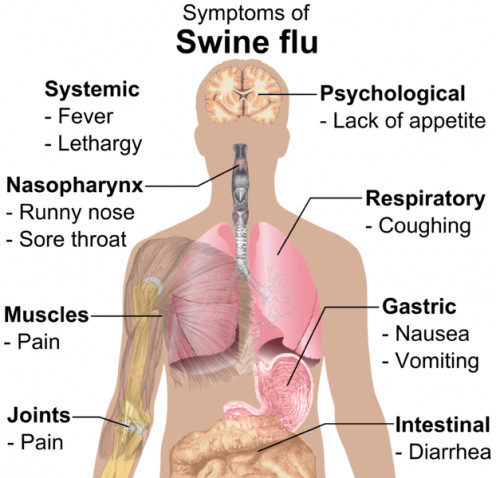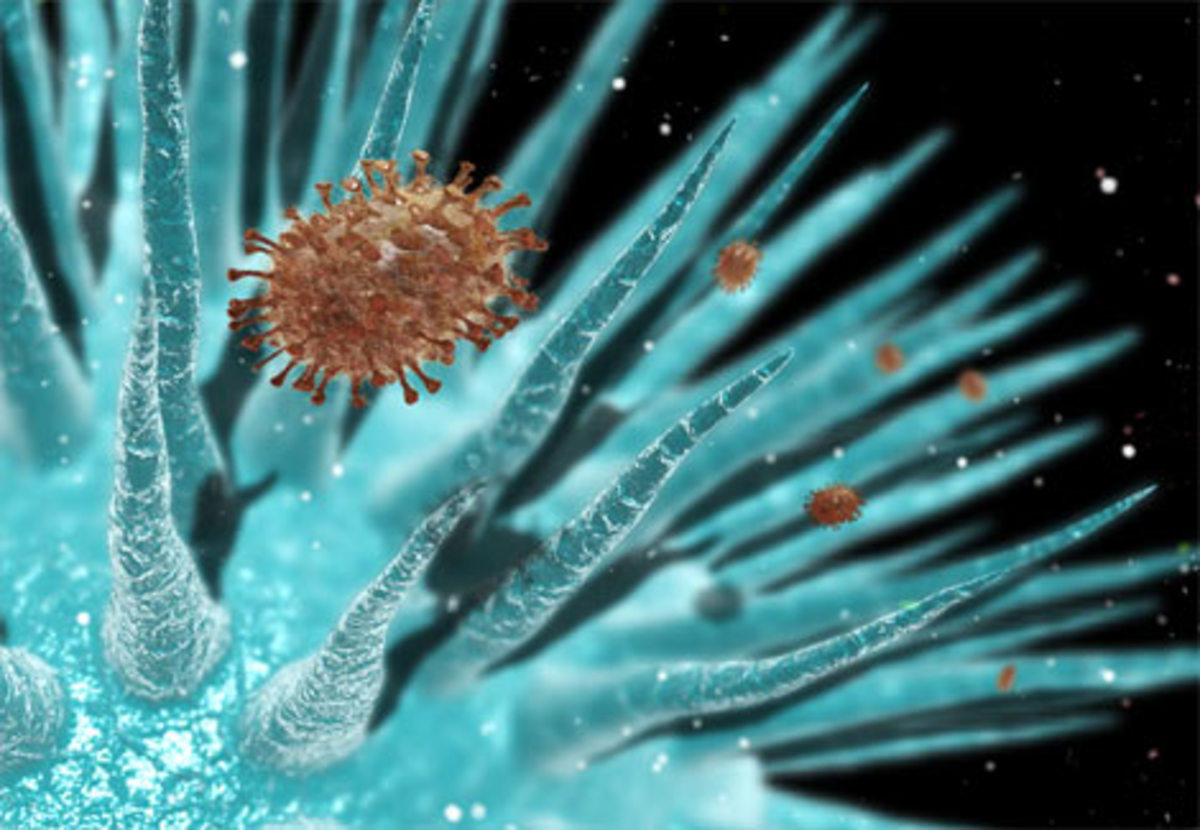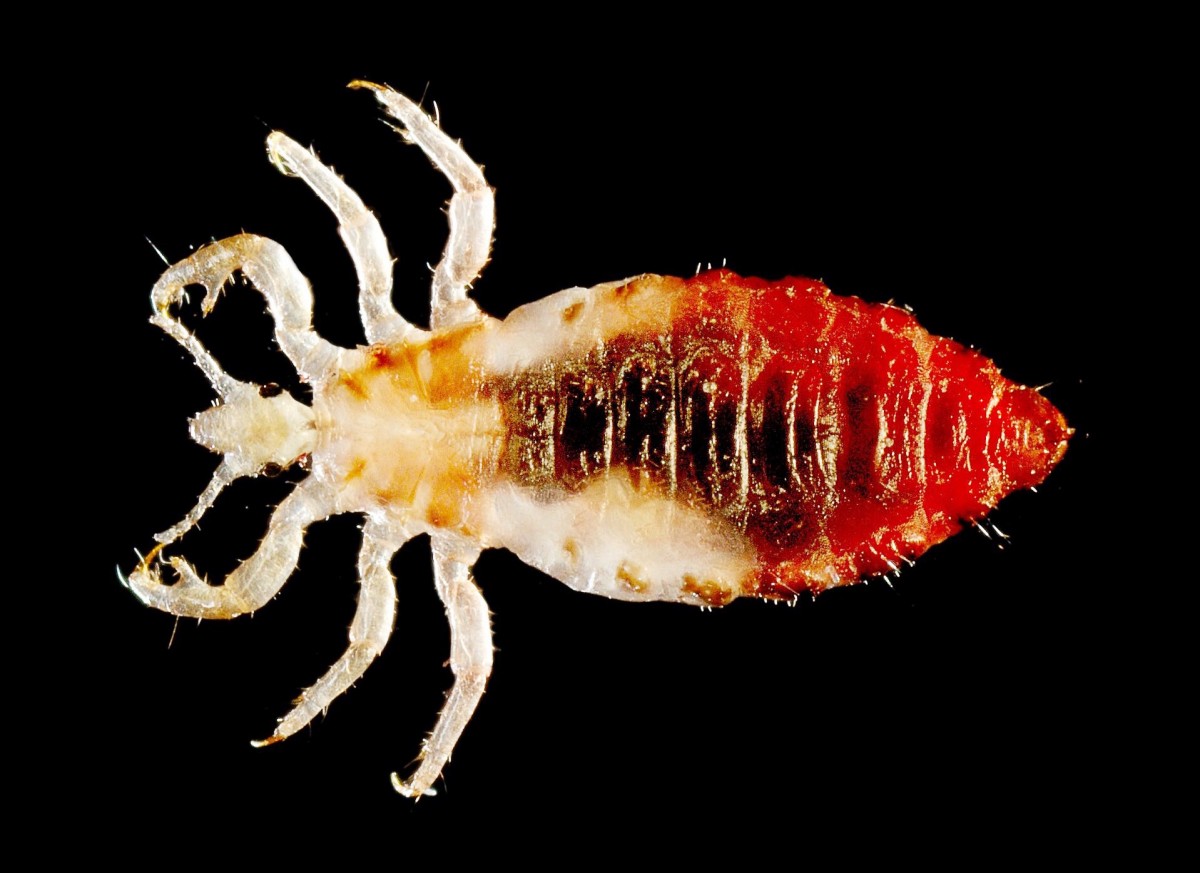What You Should Know About Swine Flu
Just another flu
What led to widespread panic in 2009 with The US Secretary of Homeland Security Janet Napolitano declaring the swine flu outbreak as a public health emergency at a White House news briefing, has now become "just another flu". Let's take a look at what swine flu is exactly and what precautions you can take to protect yourself and your loved ones from this illness.

Swine flu infects pigs
Swine influenza (or swine flu) is a respiratory disease in pigs which is caused by the Type A influenza virus. There are mainly four types of influenza Type A viruses. The most recent Type A viruses found in pigs has been the H1N1 viruses. Pigs usually get very sick due to the virus, but you will rarely see a pig dying from it.
Swine flu in humans
Over the course of many years only one or two swine flu cases in humans have been reported annually in the US. And this has mostly been among humans who have come in direct contact with infected pigs. However, there has been an increase in the number of swine flu cases since 2005 and the number keeps on going up every yeara, and this is not just in the US but around the globe.
Symptoms of swine flu in humans
The symptoms are not any different from regular seasonal flu symptoms. Fever, cough, lack of appetite, and fatigue are the common symptoms. These symptoms may also be accompanied with a runny nose, sore throat, vomiting, diarrhea, and nausea. So, the only way to know whether you have swine flu or just the regular seasonal flu is to get a lab test.
How can you get infected with swine flu?
The first thing you need to know is that you do not get swine flu from consuming pork. If the pork products are properly handled and cooked at a temperature of 160°F, it does not only kill the swine flu virus but all other viruses and bacteria.
The most likely way that the virus can be transmitted from pigs to people is direct contact. So, working in pig barns or coming in contact with them at fairs are two of the most common places you can get infected.
However, the recent human infections have actually been found in people who have had no direct contact with pigs. This basically means that human-to-human transmission of the virus has occurred in these cases.
How to protect yourself from swine flu
Here are some steps that you as an individual can take to protect yourself from the swine flu virus:
- If you are sick, stay home and avoid contact with others to prevent the virus from spreading.
- Avoid close contact with people who are sick.
- Cover your nose and mouth with a tissue while coughing or sneezing and dispose off the tissue in a proper manner.
- Wash your hands thoroughly with soap and water after sneezing.
- Avoid the spread of germs by not touching your eyes, nose, and mouth.
- Make sure that you keep yourself updated on latest swine flu news in your community.
- Although swine flu has been found to be resistant to older flu medications, Relenza and Tamiflu are effective against it.
Read more articles
- Use Green Coffee for Weight Loss
Yes, coffee can lead to weight loss. However, not your daily cup of coffee. What you need is a green coffee weight loss supplement. Read more about how this unroasted coffee can help lose weight. - What is Cancer and What Do You Know About it
Here is an easy-to-understand explanation of what is cancer and how it develops in the human body. - Five Natural Remedies for Acne and Blemishes
If you are looking for some natural and home remedies for getting rid of pimples and acne, read this article.









